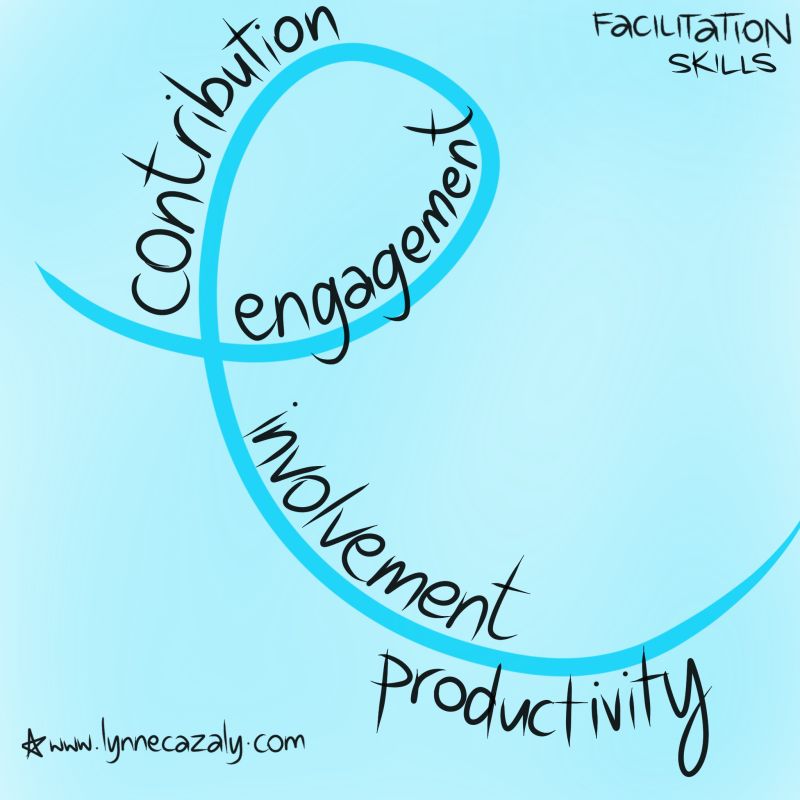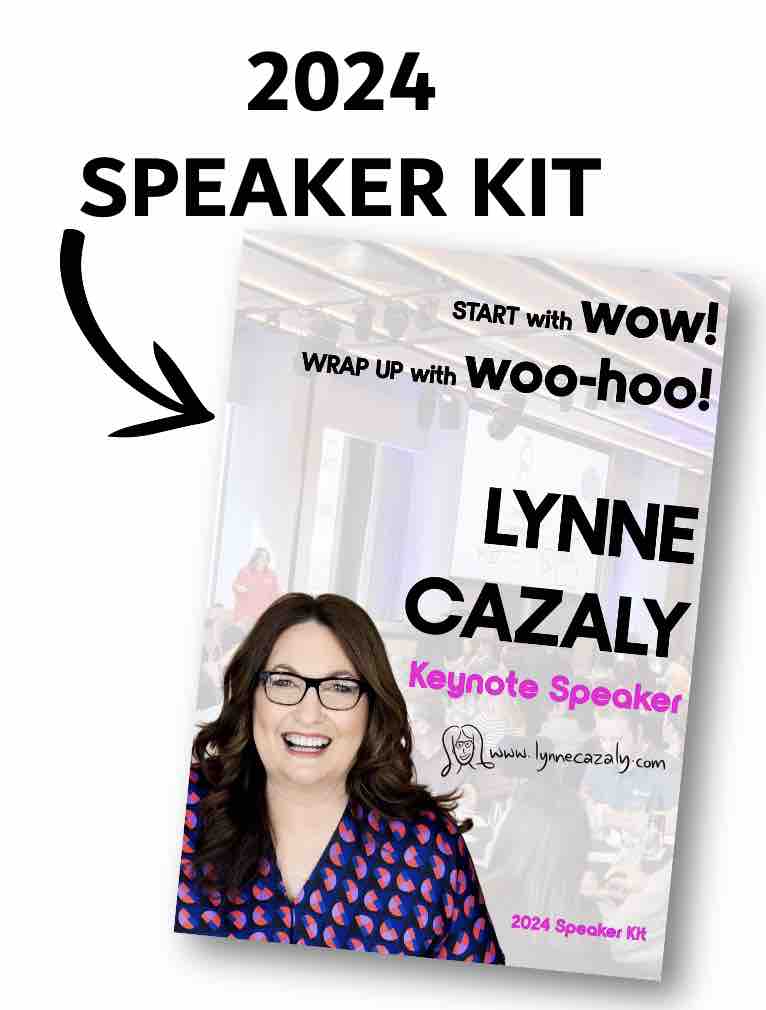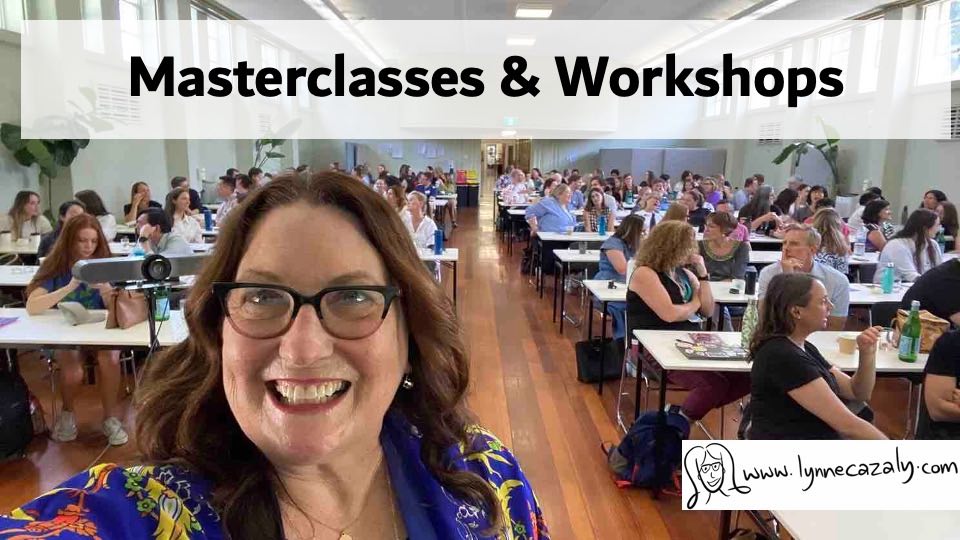Are you making things easier
 Wednesday, October 20, 2021 at 2:39PM
Wednesday, October 20, 2021 at 2:39PM  Today I’m working with a group of leaders on building their facilitation skills.
Today I’m working with a group of leaders on building their facilitation skills.
Facilitation at its heart means ‘ease’, to make progress with ease.
And ease is a great perspective to take.
Ask yourself
- are we making this harder than it needs to be?
- what could we do that would make it easier?
- how can I make it easier for them?
- what does the team think would make it easier?
Easy doesn’t mean it’s not good or not valuable.
It’s about being able to manage and juggle a mix of things happening in teams :
🌕 Engagement - that we are connected to this work
🌕 Involvement - that we are doing something with the work
🌕 Contribution - that we bring our ideas and efforts to the work.
🌕 Productivity - that we are getting the work that needs to be done, done.
The skills of getting people aligned, engaged, inspired and participating doesn’t happen automatically.
You’ll have to do something. Many things. Many micro things that together make great progress.
Does your team need these faciliation skills, to help make the day-to-day work easier?
Facilitation skills apply in-person, online and in the new world of hybrid work.
Let’s talk. I’ll tailor a session, a series of sessions or a longer term program for the team.















